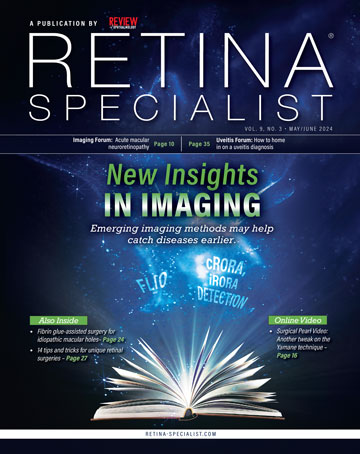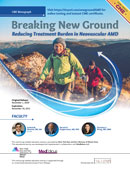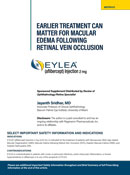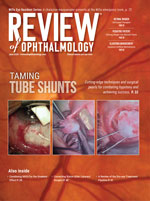 |
|
Bio Dr. Sridhar serves as Retina Specialist Magazine’s Social Media Ambassador. He’s an associate professor of clinical ophthalmology at Bascom Palmer Eye Institute, Miami. DISCLOSURE: Dr. Sridhar is a consultant to Alcon, DORC, Genentech/Roche and Regeneron Pharmaceuticals. |
April 8, 2024 has come and passed. Totality: A total solar eclipse, the last one visible to most of North America until 2045. For ophthalmologists and retinal specialists, it was of special importance given the risk of solar retinopathy with observing eclipses with incomplete or no ultraviolet light protection. As a result, physicians flocked to social media channels to educate the public and emphasize the importance of verifying eclipse glasses as being ISO 12312-2 and meeting the International Safety Standard for solar viewing. For example, Will Flanary, MD, better known as Dr. Glaucomflecken on social media channels including X (formerly Twitter), YouTube and TikTok, posted a video podcast on his channel Knock Knock Eye titled “A Solar Eclipse Can Melt Your Eyes: How To Watch Safely.”
We’ve written previously on the responsibility and power physicians possess to teach proper medicine and help prevent health problems. The mass disinformation spreading to unsuspecting consumers is one of the major reasons Dr. Glaucomflecken and ophthalmology influencers like him are so critical. While it may seem obvious to this retinal specialist audience that staring at an eclipse is a terrible idea for foveal health, we take our knowledge base for granted. For example, the popular social media forum, Reddit, featured questions in the week leading up to the eclipse such as the following: “Why can’t you just wear sunglasses to look at an eclipse? I look at the sun with no sunglasses on, and I haven’t gone blind yet, so why do I have to wear eclipse glasses to look at the eclipse?” This is why intelligent and knowledgeable social media participants are irreplaceable.
For retina, what are the likely areas we can add to the conversation in a meaningful way? We should consider unmet needs or areas of frustration for our patients. One well-described cohort are patients with end-stage macular degeneration (wet or dry) looking for solutions and vulnerable to predatory stem cell “clinics” trying to sell dangerous snake oil type interventions in exchange for large monetary reward. Retina social media influencers would be well-served illustrating the risks of unapproved therapies and direct patients to actual reputable clinical trial sites that may have options. Another group that needs our input are patients with typical symptoms concerning for retinal detachment; how often do we see patients finally referred to surgical retina clinics who are already mac-off for a week or more? Good social media descriptions on the importance of recognizing flashes and floaters and seeking appropriate eye exams exist and yet, we need to do more work to get these posts and videos pushed up by application algorithms to the public.
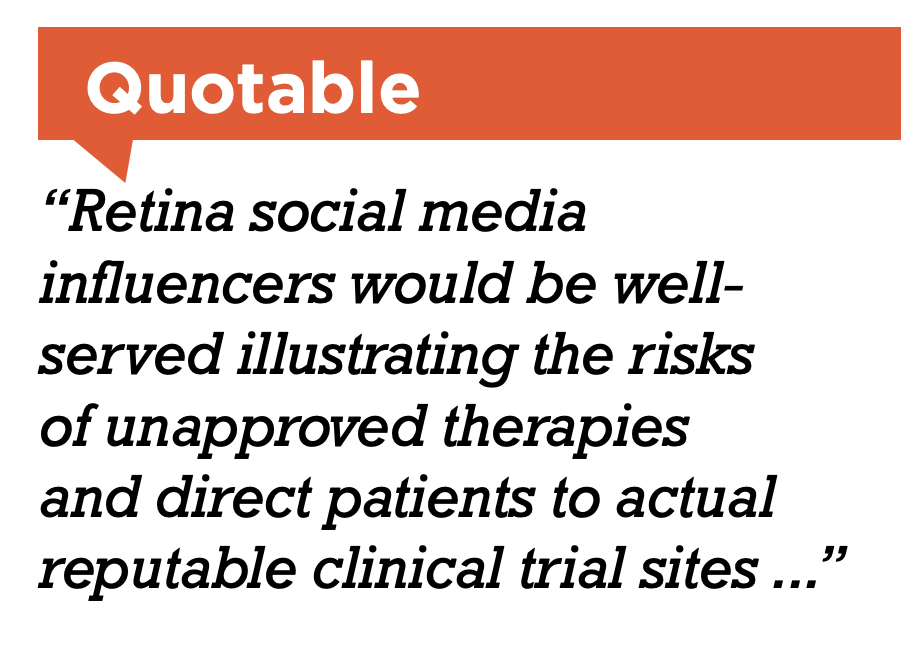 |
The next total solar eclipse will be in August 2026 and will be best viewed from the Northern Hemisphere (think Greenland, Iceland and parts of Spain). This gives us ample time and opportunity to continue our eclipse-viewing education. A PubMed search of “eclipse solar retinopathy” yields 73 publications as of April 12, 2024. Our goal as a field should be to keep this number as static as possible through 2026 and beyond, and social media is likely our most powerful tool to achieve this goal. RS
